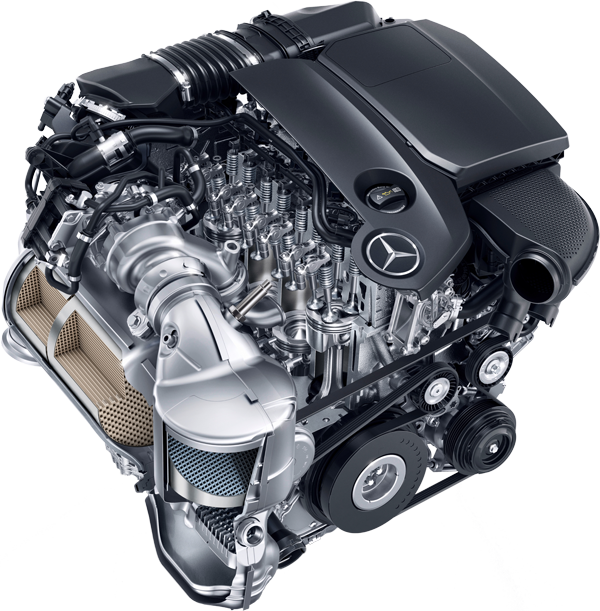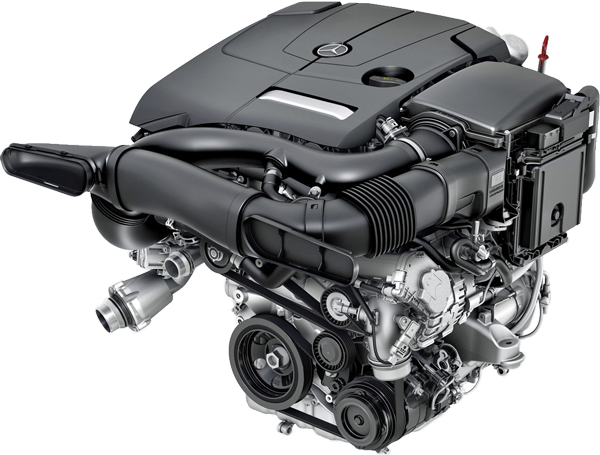The Comparative Analysis :
Mercedes E 300 d 9G-TRONIC (18 - ..) vs. Mercedes E 300 e 9G-TRONIC (18 - ..)
€ 51,600

€ 55,100

€ 51,600
Base Price ⓘBase price of a new vehicle with standard equipment in Germany at market launch.
€ 55,100
ⓘBase price of a new vehicle with standard equipment in Germany at market launch. Price Info
Vehicle Dimensions
The dimensions of the E 300 d and the E 300 e are absolutely identical. Both are 4923 mm long, 1852 mm wide and 1468 mm tall.
E 300 d
E 300 e
1468
1852
2065
1468
1852
2065
1852 mm
Width
1852 mm
2065 mm
Width Incl. Mirrors
2065 mm
1468 mm
Height
1468 mm
2939
4923
2939
4923
4923 mm
Length
4923 mm
2939 mm
Wheelbase
2939 mm
Vehicle Weight
E 300 d
E 300 e
1735 kg
Kerb Weight
1985 kg
2350 kg
Gross Vehicle
Weight
Weight
2625 kg

Weight Difference:
250 kg
12.59 %

General
E 300 d
E 300 e
W213
Generation
W213
Saloon
Car Body Style
Saloon
Diesel
Fuel Type
Unleaded (95 RON)

Rear-wheel drive
Drive
Rear-wheel drive

9-speed automatic transmission
Transmission
9-speed automatic transmission
Engine
E 300 d
E 300 e
Straight-four diesel engine with two turbochargers (biturbo)
Engine Type
4-cylinder plug-in hybrid petrol engine with turbocharger
Mercedes-Benz OM 654
Engine Series
Mercedes-Benz M 274
OM 654.920
Engine Code
M 274.920


4
Valves
4
4
Cylinders
4
1950 CC
Engine Capacity
1991 CC
242 bhp
at 3800 rpm
Power
316 bhp
at 5500 rpm
E 300 d
242 bhp
316 bhp
E 300 e
500 NM
at 1600 rpm
Max. Torque
700 NM
at 1200 rpm
E 300 d
500 NM
700 NM
E 300 e
Performance
E 300 d
E 300 e
155 mph
Maximum Speed
155 mph
6.2 sec
Acceleration 0 to 62 mph
5.7 sec
62 mph
62
mph
mph
86 m
0.000 sec

E 300 d
62 mph
62
mph
mph
79 m
0.000 sec

E 300 e
▶ REPLAY
7.17 kg/bhp
Weight-to-Power Ratio
6.28 kg/bhp
E 300 d
7.17 kg/bhp
6.28 kg/bhp
E 300 e
Fuel Economy / Emissions
E 300 d
E 300 e
Fuel Economy
56 mpg
combined
141 mpg
E 300 d
56 mpg
141 mpg
E 300 e
45 mpg
city
No data
69 mpg
motorway
No data
50 L
Fuel Tank Capacity
50 L
621 mi
Range
1553 mi
E 300 d
621 mi
1553 mi
E 300 e
Environmental Impact
102.8 kWh
Total Energy Consumption
per 100 miles ⓘThe total energy consumption per 100 miles is the amount of energy consumed by a vehicle when burning fuel or using electricity per 100 miles (final energy), and the energy required to produce the appropriate amount of fuel or electricity (primary energy).
per 100 miles ⓘThe total energy consumption per 100 miles is the amount of energy consumed by a vehicle when burning fuel or using electricity per 100 miles (final energy), and the energy required to produce the appropriate amount of fuel or electricity (primary energy).
37.8 kWh
E 300 d
102.8 kWh
37.8 kWh
E 300 e
Euro 6d-TEMP
Emission Standard
Euro 6d-TEMP
149 g/km (WLTP)
CO2 Emissions
41 g/km (WLTP)
Practical Convenience
E 300 d
E 300 e
4
Doors
4
5
No. of Seats
5
615 kg
Maximum Payload
640 kg
540 L
Boot Capacity
370 L










No data
Boot Capacity (Seats Down)
No data













